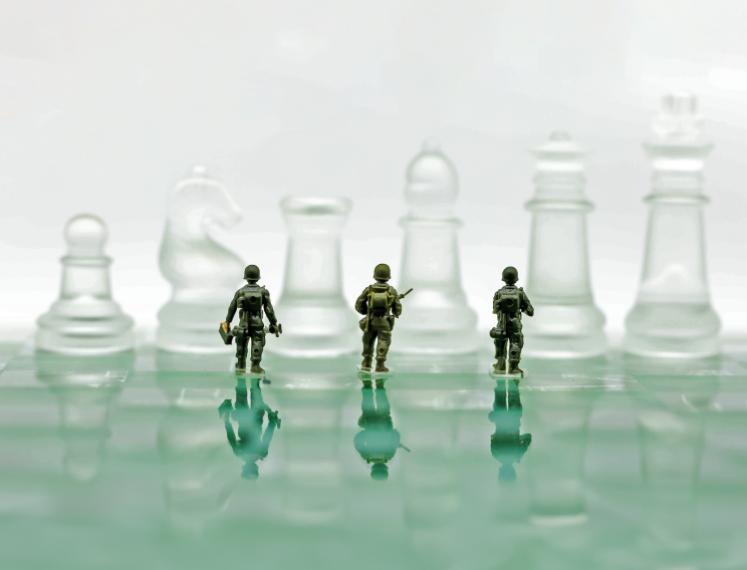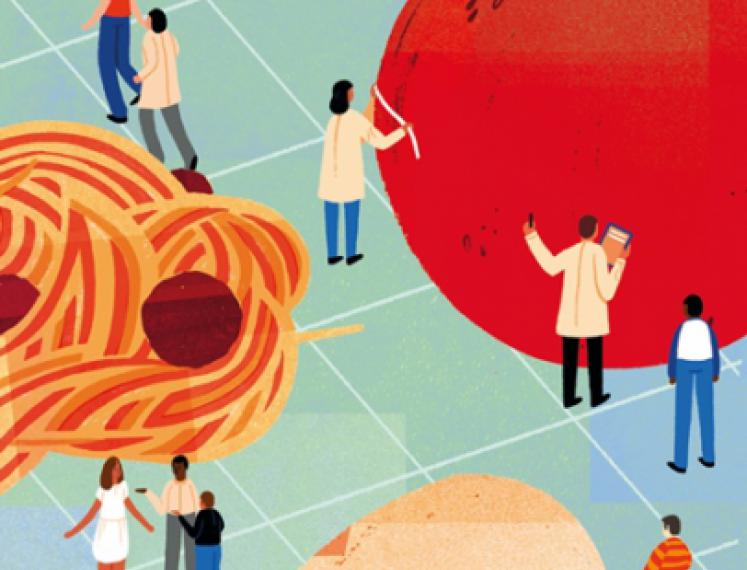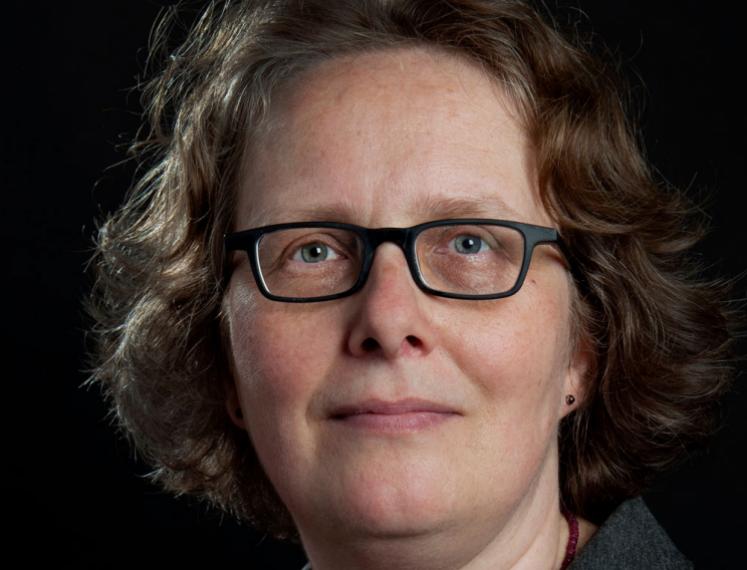
Aula Academy Building
Broerstraat 5
Nederland
The War in Ukraine and the Philosophers' Job
Are you not able to attend the lecture? Watch the livestream below!
The war in Ukraine made many reflect on a number of fundamental questions. For example, was Montesquieu right when asserting that international trade is a key determinant of international peace? Does coercive linguistic legislation offer a legitimate instrument for protecting a more vulnerable language against a more dominant one? Are face-saving compromises appropriate means of ending armed conflicts? And, if so, when? Such questions are often discussed in a very emotional way. Philosopher and political economist Philippe Van Parijs will ask whether philosophers can contribute to such discussions, indeed whether they have a duty to do so, though in their own, specific way. When it comes to war and peace, are trade, justice, and compromise just philosophical pipe dreams? Or are they the only source of hope?
Philippe Van Parijs studied philosophy, economics, law, sociology and linguistics at the Universities of Louvain, Oxford, Bielefeld and California (Berkeley). He holds doctorates in philosophy (Oxford) and the social sciences (Louvain). He was the founding director of Louvain’s Hoover Chair of Economic and Social Ethics from 1991 to 2016, and a regular visiting professor at Harvard University from 2004 to 2008 and at the University of Oxford from 2011 to 2015. He is currently professor emeritus at the University of Louvain and special guest professor at the University of Leuven. His books include Linguistic Justice for Europe and for the World (Oxford U.P. 2011) and Basic Income. A radical proposal for a free society and a sane economy (Harvard U.P. 2017, with Y. Vanderborght).
In collaboration with the Centre for Philosophy, Politics and Economics.


